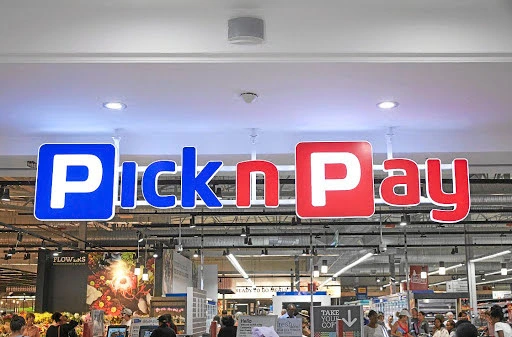
South Africa’s Pick n Pay Exits Nigeria Over Inflation and Economic Challenges

South African retailer Pick n Pay will exit Nigeria by selling its 51 per cent stake in a joint venture with A.G. Leventis. The announcement was made by CEO Sean Summers on Monday, according to Reuters. The company said it is shifting focus to its core operations in South Africa amid rising economic challenges in Nigeria.
Pick n Pay entered Nigeria less than five years ago and established two stores. However, high inflation, currency volatility, and rising costs have made the Nigerian market difficult. Pick n Pay has reported struggling with eroding consumer purchasing power, which impacted its profitability. The retailer recorded a pre-tax loss of 1.1 billion rand for the six months ending in August, mainly due to reduced margins and higher borrowing costs.
Summers disclosed that the company plans to improve its domestic operations by focusing on divisions, like Boxer and potentially listing this division on the Johannesburg Stock Exchange. Pick n Pay’s departure follows similar exits by foreign brands and companies.
The South African company Shoprite recently closed its stores in Abuja and Kano, citing Nigeria’s tough economic environment. Shortly after, in June 2024, The multinational drink company Diageo announced the decision to sell its 58 per cent shares in Guinness to a Singaporean company, Tolaram, at 81.60 naira per share for $70 million (N103 billion). Other global brands, including GSK, Procter & Gamble, and Kimberly-Clark, have also exited due to foreign exchange fluctuations and high operating costs.
Nigeria’s inflation rate was cited as a contributing factor to the exit of Pick n Pay and other businesses. With rates reaching an all-time high in July, rising food and transport costs have severely affected the purchasing power of citizens. The naira has also depreciated sharply, from around N462/$ in the second quarter of 2023 to over N1,600/$ in October 2024. This depreciation, which happened in under one year, followed the unification of the forex market and the Central Bank of Nigeria’s efforts to narrow the gap between the official and parallel exchange rates.
Read More:
- South Africa to Submit Dossier on Israel’s Genocide Against Palestinians at ICJ
- Ademola Lookman, CAF 2024 Awards Nominee Ranks 14th on Ballon d’Or List
- Three Chinese Nationals, Two Nigerians Arrested for Illegal Mining in Nasarawa Since 2021
About The Author
Related Articles
Tinubu Government Delays Release of Signed Tax Acts to the Public
Four days after President Bola Tinubu announced the signing of four tax...
ByMayowa DurosinmiJune 30, 2025As Tinubu Urges Africa-Caribbean Unity in Saint Lucia, Over 272 Nigerians Killed in June Alone
While Nigerians deal with deadly violence, worsening hunger, and mass flooding, President...
ByWest Africa WeeklyJune 30, 2025You Can’t Tax a Dead Economy: Nigeria Is Suffocating Under Its Own Policies
As Nigeria’s Central Bank clings to its benchmark interest rate of 27.5...
ByWest Africa WeeklyJune 30, 2025“Wike is Not a Blessing to Us, He’s a Disaster” — Workers Protest in Nigeria’s Capital Over Unpaid Wages, Poor Working Conditions
Staff members of the Federal Capital Territory Administration (FCTA) in Abuja barricaded...
ByOluwasegun SanusiJune 30, 2025












Leave a comment